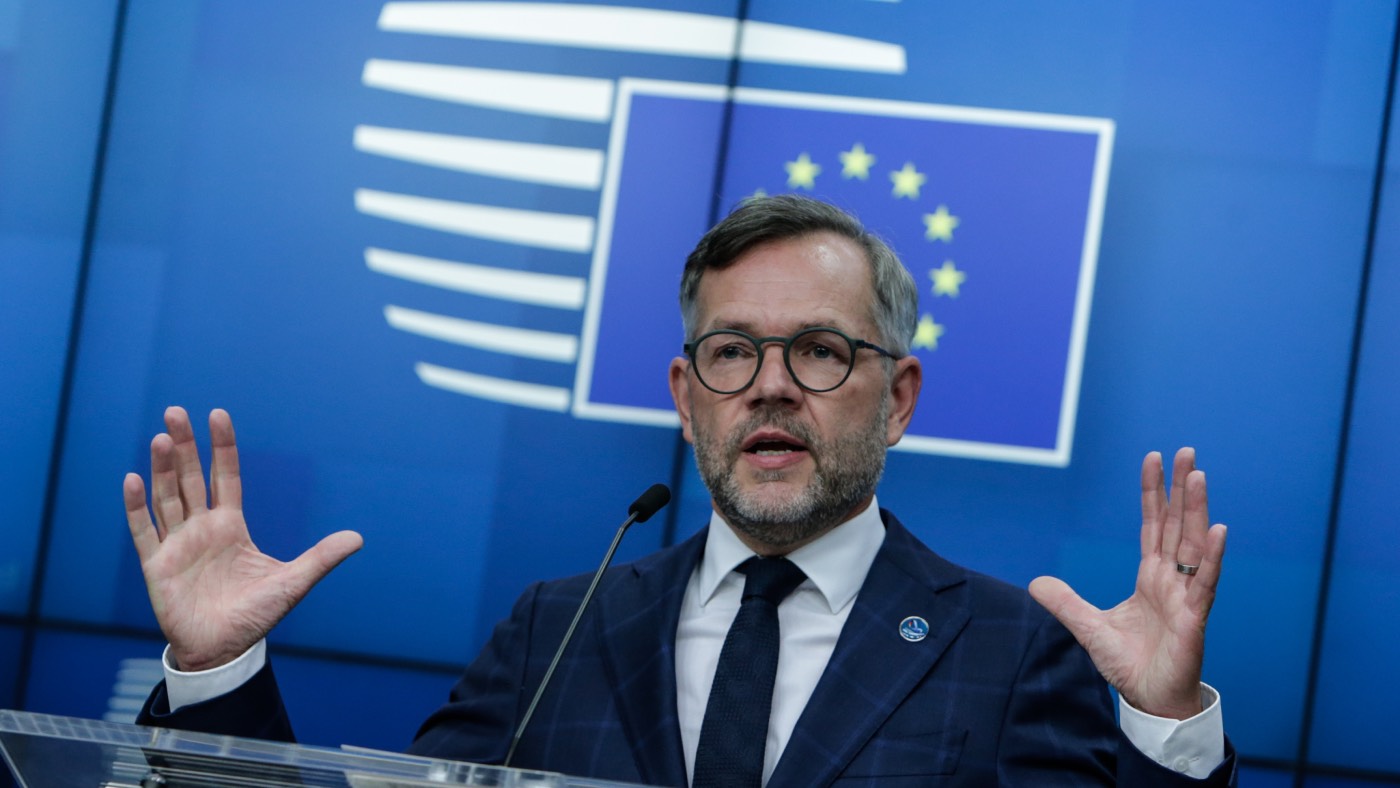EU warns UK against bid to divide bloc ahead of crunch Brexit summit
German minister insists that unity among the 27 members remains strong

A free daily email with the biggest news stories of the day – and the best features from TheWeek.com
You are now subscribed
Your newsletter sign-up was successful
Two leading EU officials have warned Britain to stop trying to divide the bloc during negotiations over a post-Brexit trade agreement.
Germany’s Europe Minister Michael Roth and European Commission Vice-president Maros Sefcovic criticised Britain’s tactics ahead of crunch talks at the EU leaders’ summit in Brussels on Thursday and Friday.
Insisting that unity among the 27 members nations remains strong, the pair accused Boris Johnson’s government of repeatedly attempting to “bilateralize” the negotiations, which have been “deadlocked for months”, says Politico.
The Week
Escape your echo chamber. Get the facts behind the news, plus analysis from multiple perspectives.

Sign up for The Week's Free Newsletters
From our morning news briefing to a weekly Good News Newsletter, get the best of The Week delivered directly to your inbox.
From our morning news briefing to a weekly Good News Newsletter, get the best of The Week delivered directly to your inbox.
The scalding comments - at a news conference in Luxembourg yesterday - come little more than two weeks after Roth told London not to “play games”, and warned that Johnson’s efforts to override the withdrawal agreement had cast a “dark shadow” over the relationship between the UK and the bloc.
Michel Barnier, the EU’s chief negotiator, has also weighed in with criticism of Britain, mocking Johnson for this week issuing a “third unilateral deadline” for reaching an agreement.
The Guardian reports that Barnier “suggested a deal was ‘very difficult but still possible’, according to diplomatic sources”.
German Chancellor Angela Merkel yesterday urged EU states to take a pragmatic approach to Britain’s negotiating position in the trade talks.
A free daily email with the biggest news stories of the day – and the best features from TheWeek.com
“We are going to continue to stand together in these withdrawal talks,” she told a meeting of European mayors. “But we also have to take into account the reality: an agreement has to be in the interests of both parties, in British interests as well as the interests of the 27-member EU.”
The German leader made the plea “as British sources blamed EU divisions and sabre-rattling from France” for the failure to agree a deal, The Times reports.
Meanwhile, Johnson told a cabinet meeting that Britain should have “no fear” of leaving without a deal when the transition period ends on 31 December.
Chas Newkey-Burden has been part of The Week Digital team for more than a decade and a journalist for 25 years, starting out on the irreverent football weekly 90 Minutes, before moving to lifestyle magazines Loaded and Attitude. He was a columnist for The Big Issue and landed a world exclusive with David Beckham that became the weekly magazine’s bestselling issue. He now writes regularly for The Guardian, The Telegraph, The Independent, Metro, FourFourTwo and the i new site. He is also the author of a number of non-fiction books.